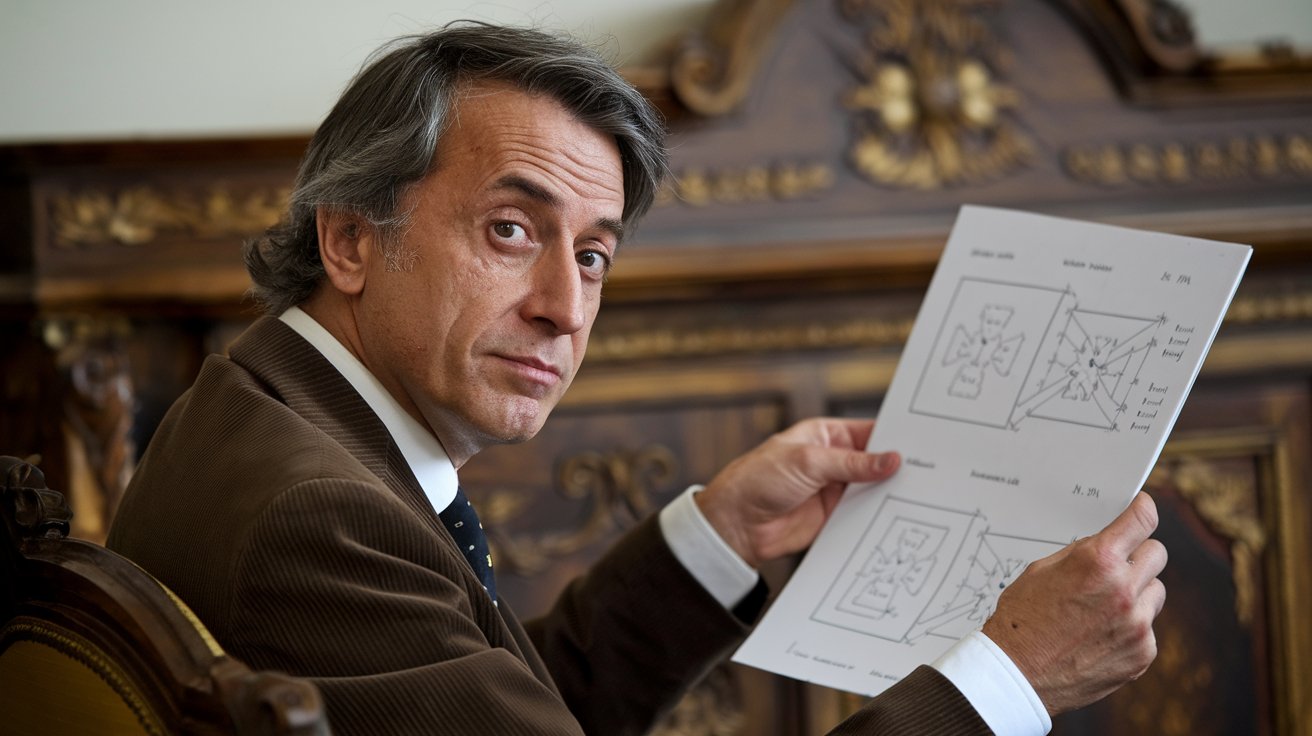
Who was Alessandro Volta? Alessandro Volta, born in 1745, was an Italian physicist known for his groundbreaking work in electricity. He invented the first chemical battery, known as the Voltaic Pile, which paved the way for modern electrical science. Volta's work earned him the title of Count and a place in history as a pioneer of electrical energy. His name lives on in the unit of electric potential, the volt. Volta's curiosity and innovation didn't stop at batteries; he also studied gases and discovered methane. Ready to dive into 27 intriguing facts about Alessandro Volta? Let's get started!
Early Life and Education
Alessandro Volta, an Italian physicist, is best known for his pioneering work in electricity. His early life and education set the stage for his groundbreaking discoveries.
- Born on February 18, 1745, in Como, Italy, Volta showed an early interest in science.
- Volta attended the Royal Seminary in Como, where he studied philosophy and rhetoric.
- By age 14, he decided to pursue a career in physics, despite his family's wish for him to become a lawyer.
- Volta was largely self-taught in physics and chemistry, reading works by prominent scientists of his time.
Major Discoveries
Volta's contributions to science are numerous, but his most famous discovery is the electric battery. Here are some key milestones in his scientific career.
- In 1775, Volta invented the electrophorus, a device that generates static electricity.
- He discovered methane gas in 1776, identifying it as a distinct chemical compound.
- Volta's most significant achievement came in 1800 when he invented the voltaic pile, the first chemical battery.
- The voltaic pile provided a continuous source of electric current, revolutionizing the study of electricity.
Impact on Science
Volta's work had a profound impact on the scientific community and paved the way for future innovations.
- The unit of electric potential, the volt, is named in his honor.
- Volta's discoveries influenced other scientists, including Michael Faraday and André-Marie Ampère.
- His work on the voltaic pile led to the development of electrochemistry.
- Volta's research demonstrated that electricity could be generated chemically, challenging the prevailing theories of his time.
Personal Life
Beyond his scientific achievements, Volta had a rich personal life that influenced his work.
- Volta married Teresa Peregrini in 1794, and they had three sons.
- He was known for his modesty and dedication to his family.
- Volta enjoyed gardening and often conducted experiments in his garden.
- Despite his fame, he remained a humble and approachable figure.
Later Years and Legacy
Volta's later years were marked by recognition and honors, cementing his legacy as a pioneer in electricity.
- In 1801, Napoleon Bonaparte invited Volta to Paris to demonstrate his battery.
- Volta received numerous awards, including the Copley Medal from the Royal Society of London.
- He was appointed a senator of the Kingdom of Lombardy-Venetia in 1815.
- Volta retired from public life in 1819, spending his final years in his hometown of Como.
Honors and Memorials
Volta's contributions to science have been commemorated in various ways around the world.
- The Alessandro Volta Foundation was established to promote scientific research and education.
- The Volta Temple in Como, Italy, is a museum dedicated to his life and work.
- The Volta Prize, awarded by the French Academy of Sciences, honors outstanding achievements in electricity.
- Numerous schools, streets, and institutions are named after Volta, reflecting his lasting impact.
Fun Facts
Here are some lesser-known facts about Alessandro Volta that highlight his unique personality and contributions.
- Volta was a close friend of Luigi Galvani, another pioneer in the study of electricity.
- He was an avid letter writer, corresponding with many leading scientists of his time.
- Volta's face appeared on the Italian 10,000 lire banknote, celebrating his contributions to science.
The Legacy of Alessandro Volta
Alessandro Volta's contributions to science and technology have left an indelible mark. Inventing the electric battery revolutionized how we understand and use electricity. His work laid the groundwork for countless innovations, from powering homes to enabling modern electronics. Volta's name lives on in the term "volt," a unit of electric potential, honoring his impact on the field.
Beyond his inventions, Volta's curiosity and dedication to scientific exploration inspire future generations. His legacy reminds us that one person's passion and perseverance can change the world. Whether you're a student, a scientist, or just someone who loves learning, Volta's story is a testament to the power of human ingenuity.
So next time you flip a light switch or charge your phone, take a moment to appreciate the genius of Alessandro Volta. His brilliance continues to illuminate our lives.
Was this page helpful?
Our commitment to delivering trustworthy and engaging content is at the heart of what we do. Each fact on our site is contributed by real users like you, bringing a wealth of diverse insights and information. To ensure the highest standards of accuracy and reliability, our dedicated editors meticulously review each submission. This process guarantees that the facts we share are not only fascinating but also credible. Trust in our commitment to quality and authenticity as you explore and learn with us.


